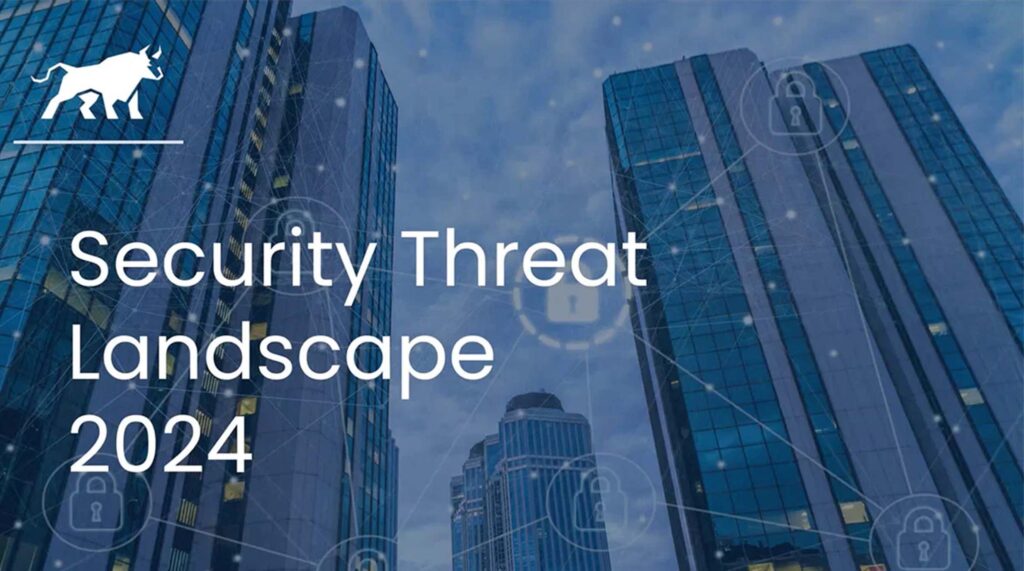As security threats continue to evolve and become more sophisticated, it’s crucial for business leaders to stay ahead of the curve and protect their organisations.
In this webinar, Katie Barnett, Director of Cyber Security and Gavin Wilson, Director of Physical Security delved into the multifaceted landscape of security risks expected in 2024 and beyond.
